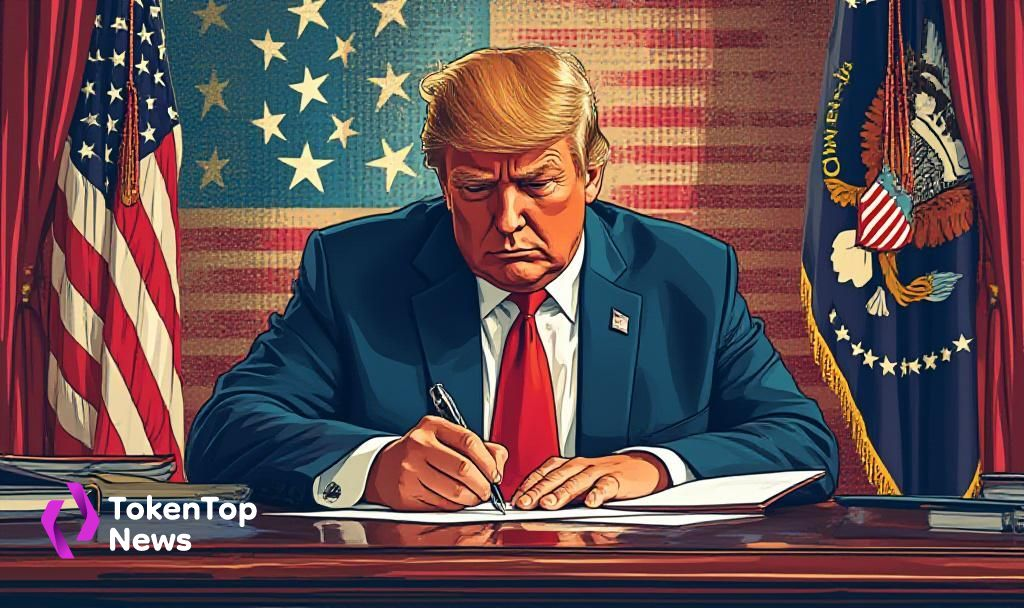U.S. Establishes Strategic Bitcoin Reserve as Long-Term Asset
- Strategic Bitcoin BTC +0.00% Reserve set by U.S. government.
- Market participants eye liquidity effects.
- Central banks’ gold preference remains unchanged.

The establishment of a Strategic Bitcoin Reserve by the U.S. signals a major shift towards considering BTC a national asset. Its impact on liquidity and market circulation is closely observed.
The Strategic Bitcoin Reserve involves the U.S. Treasury overseeing forfeited BTC as a long-term reserve. Under President Trump’s order, acquisition strategies remain budget-neutral. This reserve does not impact other digital assets, as only BTC is designated for long-term holding.
President Donald J. Trump has emphasized the importance of this decision in his statement:
“The United States will not sell bitcoin deposited into this Strategic Bitcoin Reserve, which will be maintained as a store of reserve assets.”
The policy indicates no immediate dollar allocation but involves BTC acquired through asset forfeiture. Other agencies may contribute, exploring their authority to increase holdings. The reserve aims to retain BTC, impacting its market circulation significantly.
The long-term retention of BTC impacts global markets, as the U.S. separates BTC from other digital assets. Other digital assets remain subject to Treasury decisions. Observers expect this action might limit BTC’s broader adoption by other governments.
Central banks maintain skepticism towards digital reserves, with surveys showing traditional assets like gold still dominate preferences. Early adoption by the U.S. might change perspectives, but current global consensus remains conservative. According to a Central Banking survey,
“None of the 91 central banks that manage more than $7 trillion in reserves currently have digital asset investments.”
This initiative represents a groundbreaking move not yet replicated elsewhere.
The U.S.’s reserve strategy may influence future financial regulations, affecting BTC availability. Historical precedents show limited central bank interest or confidence in BTC as a reserve, with this move offering a notable precedent. Although unprecedented, the strategic reserve may reshape dialogues in cryptocurrency’s role for institutional investors.




